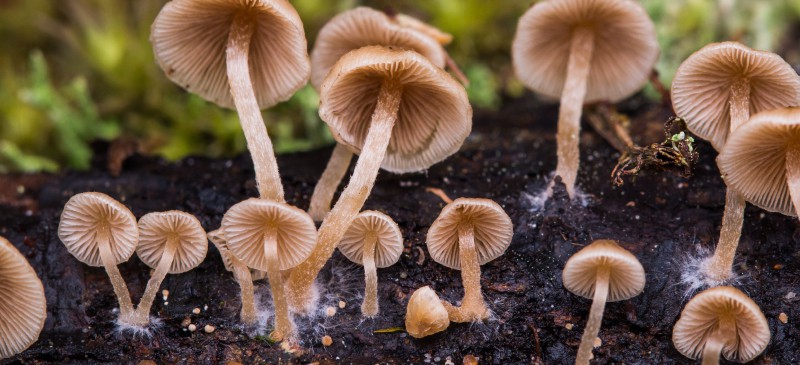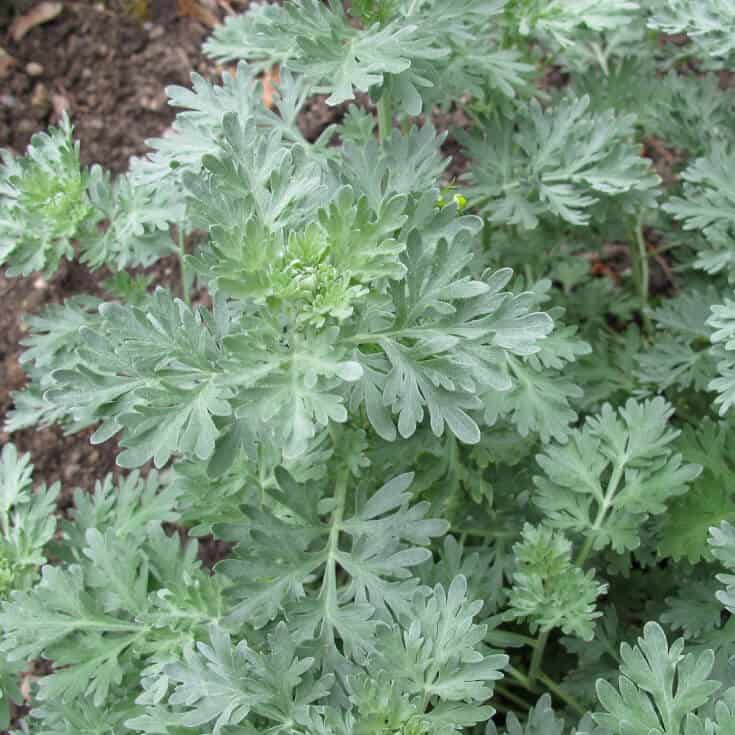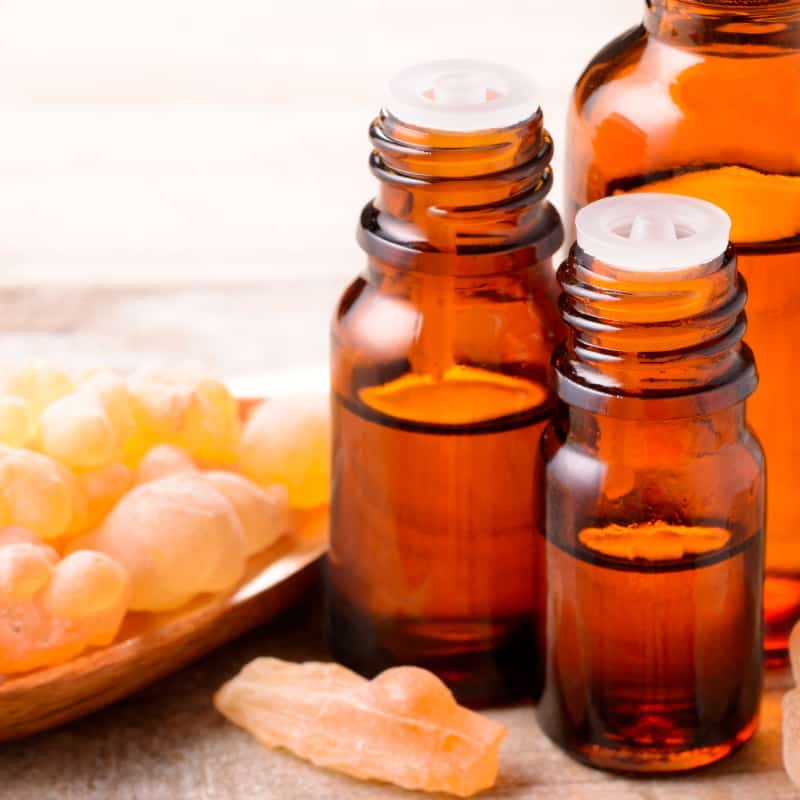This Dr. Axe content is medically reviewed or fact checked to ensure factually accurate information.
With strict editorial sourcing guidelines, we only link to academic research institutions, reputable media sites and, when research is available, medically peer-reviewed studies. Note that the numbers in parentheses (1, 2, etc.) are clickable links to these studies.
The information in our articles is NOT intended to replace a one-on-one relationship with a qualified health care professional and is not intended as medical advice.
This article is based on scientific evidence, written by experts and fact checked by our trained editorial staff. Note that the numbers in parentheses (1, 2, etc.) are clickable links to medically peer-reviewed studies.
Our team includes licensed nutritionists and dietitians, certified health education specialists, as well as certified strength and conditioning specialists, personal trainers and corrective exercise specialists. Our team aims to be not only thorough with its research, but also objective and unbiased.
The information in our articles is NOT intended to replace a one-on-one relationship with a qualified health care professional and is not intended as medical advice.
Are Fungi the Natural Pesticides of the Future?
December 26, 2017

Did you know that organic agriculture actually permits pesticide use? It’s true — but we need to clarify exactly what “pesticide use” actually means.
The word “pesticide” brings to mind scary, synthetic chemicals that farmers apply while wearing head-to-toe protective gear. And while this is certainly the case at least some of the time, it’s also true that even our ancestors used pesticides in some form. In fact, neem oil, garlic, chilis, salt and vinegar can all ward off pests naturally — and thus are considered “natural” pesticides.
Where Organic Farming and Pesticides Meet
Organic growers are mainly restricted to similar natural pesticides, with a few synthetic exceptions, including copper oxide, copper sulfate, hydrogen peroxide and potassium bicarbonate.
While the national list of synthetic agrochemicals allowed in organic agriculture only totals about 25 — as compared to the approximately 900 synthetic pesticides approved for use in conventional farming — experts are not in agreement over whether all of these pesticides should be allowed.
Of particular concern are copper-based fungicides, which can have adverse effects on soil microorganisms, not to mention on people. In 2015, the National Organic Standards Board acknowledged the dangers of copper, and it has since called for a review of its presence on the List.
The fact remains, however, that for as long as there is agriculture — be it organic or conventional — farmers will need to use pesticides. The goal, then, is to find substances that are as safe as possible while also being effective enough to be worth the effort of applying them.
At this intersection is an interesting innovation that may change the face of organic growing as we know it: a rapidly developing class of insecticides known as biopesticides or biocontrol agents.
Derived from natural ingredients, this category of pesticides includes a wide variety of substances, including spider venom; wild yeasts, including those recently highlighted by researchers in a study in Frontiers in Microbiology; and parasitic fungi that invade the body of prospective pests, feeding upon them until they die. (1)
And while this last option might sound a bit barbaric, these fungi are actually one of the most effective pest control options available, when considering impact on both human health and the environment.
The Problems with Pesticides
Synthetic pesticides such as neonicotinoids are among the worst environmental offenders. They have been linked again and again to widespread bee death, causing some neonics to be banned in Europe. Neonics have also been criticized for endangering soil health (but even organic-approved copper is guilty of disrupting the microorganisms essential to the soil). (2)
And, of course, synthetic pesticides can be dangerous to humans: both the people applying them and the people consuming the foods upon which they were sprayed. Experts have been calling for more human health studies to examine the effects of the rapidly increasing presence of neonics in our food, and even copper can leave residue on produce, according to Dr. Linley Dixon, chief soil scientist at the Cornucopia Institute. (3)
According to Quartz, natural pesticides such as those derived from spider venom “combine the best qualities of existing pesticides: they make for a powerful pest-killing punch with gentle effects on the plants themselves.” (4) But these pesticides, while natural, do have one major problem associated with them: Like synthetics, they can lead to resistance in pests, thus creating an even bigger problem of superbugs that simply can’t be killed.
However, fungi, as living organisms, do not cause this sort of problem. They are alive, and thus they can evolve as pests evolve.
Fungi as Natural Pesticides
According to Dixon, who has a PhD in fungal plant diseases, fungal organisms don’t leave dangerous residues behind on produce, and they don’t pose any danger to the people applying them. And what’s more, these natural pesticides are self-propagating, reducing the need to apply them again and again.
“A fungus that causes a disease on an insect, for example, will infect the insect, reproduce (sporulate) on the insect, and then re-infect insects in the field,” explains Dixon. He also notes that each of these fungal agents is designed to target a specific “host,” and application is therefore far more intentional than with other pesticides. The more traditional, less intentional approach has devastating effects on both target insects and non-target insects, including soil organisms like earthworms, as well as bees and butterflies.
“It’s a complex interaction between the fungus and the pest you’re trying to control, rather than a direct, single-chemistry interaction from the synthetics,” Sara Olson, a senior analyst at Lux Research, tells NPR’s The Salt. “So that’s going to make them potentially more robust to a resistance developing.” (5)
This specificity of these pesticides means that fungal biocontrol agents usually have fewer regulatory hurdles for approval, explains Dixon, which is even more encouraging to researchers developing such substances. While biopesticides currently represent just a tiny segment of the market, according to NPR, “Their use is projected to grow at a faster rate than traditional synthetic pesticides over the next few years” — something that Olson attributes to the increased approval difficulty for synthetic pesticides.
One thing experts agree on: There is a host of diversity in the world of helpful microbes for pest control, and as we commit more resources to exploring them, we’re sure to unearth some new tools to help us grow food more safely and more sustainably.
“The ‘wild’ environment represents a huge and largely untapped source of biodiversity, which could provide a reservoir of helpful microbes for pest control,” says Ileana Vigentini, a researcher at the University of Milan and the author of a recent study on grape yeast being used as an antifungal.
Of course, there are a few downsides to using fungal biocontrol agents. Quartz notes that they only protect against 70 to 80 percent of pests, in large part because they are more sensitive to environmental conditions. They’re also more temperamental to use. Paul Underhill, co-owner of Terra Firma Farm, tells The Salt that special storages needs and cost — “easily” 20 times what a conventional pesticide might cost, according to Underhill — can be tough hurdles to overcome.
However, given the alternative (and bearing in mind that organic standards require that farmers only use pesticides as a last resort, typically after cover crops and other techniques), these inconveniences may be worth the tradeoff, as it brings safer pesticides for farmers, consumers and the earth.
This story comes from OrganicAuthority.com and is written by Emily Monaco. OrganicAuthority obsessively covers the latest trends and news in food, seasonal recipes, nutrition, wellness, natural beauty and more. Organic Authority has all the tips and expert advice you need for delicious good living.











